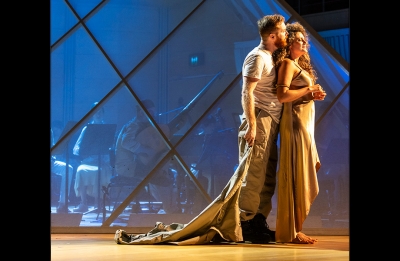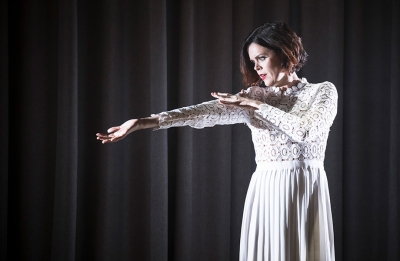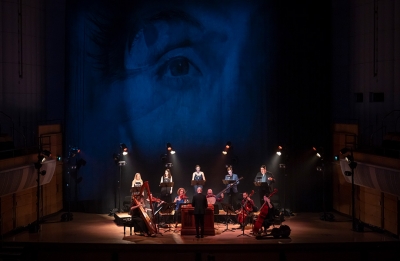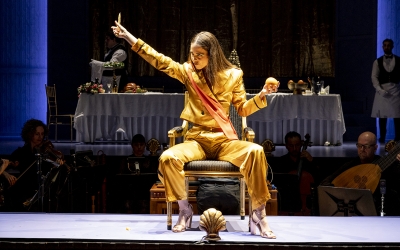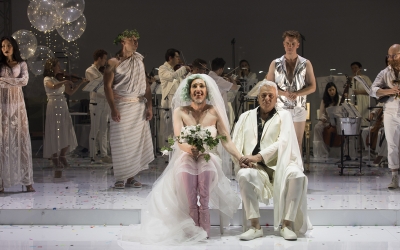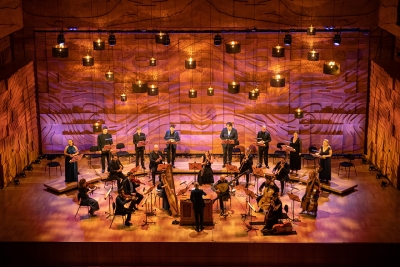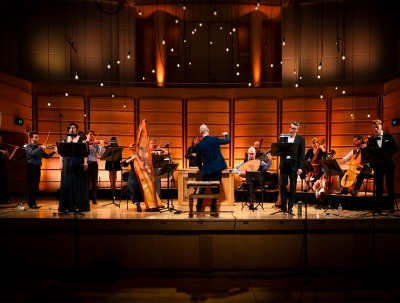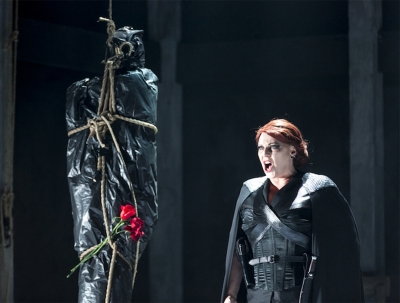Pinchgut Opera
A powerful sense of irony accompanies the poignant final words sung by Queen Dido of Carthage as she contemplates her imminent death in Henry Purcell’s compact three-act, hour-long opera Dido and Aeneas. ‘Remember me, but ah! Forget my fate’, has echoed down the ages since the late seventeenth century, but little is known, never mind remembered, about the actual performance of the opera in Purcell’s time.
... (read more)Antonio Cesti and Giacinto Cicognini’s frisky opera, Orontea, begins with an argument between philosophy and love as to who is the stronger. Love heads off to Egypt to create havoc chez the Egyptian Queen Orontea, but at her steamy court the contest seems to be more between the opposing delights of lust and alcohol. Orontea’s determination to remain a virgin queen dedicated to her subjects quickly crumbles on the sudden appearance of the painter Alidoro ...
... (read more)Jean-Philippe Rameau’s setting of Adrien-Joseph Le Valois d’Orville’s adaptation of Jacques Autreau’s then unpublished and unperformed play Platée must be considered one of the most tactless entertainments ever presented to celebrate a royal wedding. The story of the ugly, vain water nymph who is used as a pawn to salvage the rocky marriage of Jupiter and Juno was certainly not the usual bland extravaganza to be expected at such an occasion. It probably didn’t help that the Dauphin Louis’s bride, Maria-Theresa of Spain, was not considered conventionally attractive.
... (read more)In a Reith lecture she delivered in 2017, Hilary Mantel noted that we ‘don’t reproduce the past, we create it’. It’s an observation that holds as true for the historical performance movement as much as it does for historians more generally. An especially apposite example of it would be the rise of Claudio Monteverdi’s Vespers of 1610 to prominence as a concert piece over the past seventy-five years. That rise, incidentally, is also one in which an Australian woman, Louise Hanson-Dyer, played a very significant role. The 1954 recording of the Vespers released under her L’Oiseau-Lyre label stands as one of the signature events in the work’s rise to prominence.
... (read more)Hooray, operatic activity in Sydney is back! Well, perhaps not quite, but performances by one of Australia’s most vibrant companies, Pinchgut Opera, occurred over the weekend. Worldwide operatic activity abruptly ceased in March when Covid-19 struck, and has only recently tentatively emerged from this enforced hibernation. Opera Australia is slated to reopen early in 2021, sooner than many other companies, while others such as the Vienna State Opera endured the frustration of resuming performances as the first wave of the pandemic subsided, only to be forced to close their doors as a second wave surged.
... (read more)Always read the fine print. At the base of the program for Pinchgut Opera’s production of Antonio Vivaldi’s Farnace (1727) it reads: ‘The edition of Farnace used in these performances is by Renzo Bez and Diego Fasolis, adapted with insertion arias selected by Erin Helyard.’ Translated this means that what the audience is watching is a version of the opera in which many of the arias are replaced by more popular ones from Vivaldi’s large number of other vocal works – Farnace plus Vivaldi’s greatest hits, as it were.
... (read more)Géraud Corbiau’s rather schlocky biopic, Farinelli (1994) covers an important phase in the career of this most celebrated singer of the early eighteenth century. The establishment of the Opera of the Nobility in the 1730s, with Niccolò Porpora as the main composer, was a direct challenge to Handel’s ...
... (read more)
